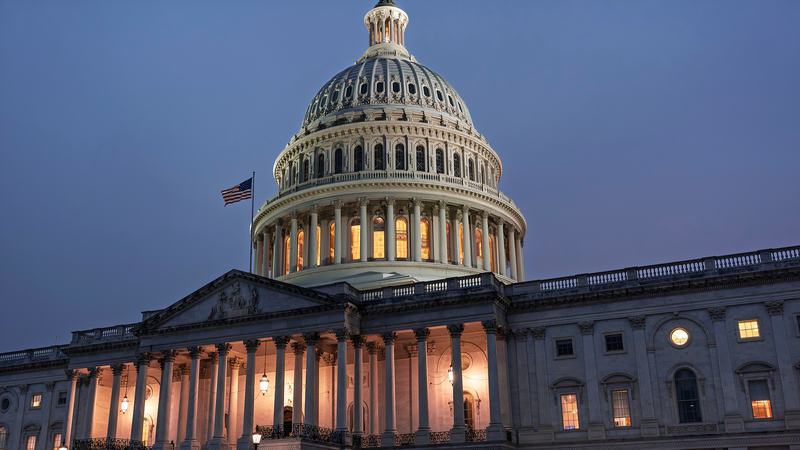As the clock ticks toward midnight, Washington braces for its first federal government shutdown in nearly seven years after the Senate failed to clear a short-term spending bill. Without a new resolution, federal operations will pause at 12:01 am, putting roughly $1.7 trillion in agency funding at risk.
The Senate vote fell well short of the 60 votes needed to pass a continuing resolution, as Senate Democrats blocked a GOP proposal aimed at keeping the lights on. Senate Republican Leader John Thune has signaled another vote on the House-passed measure before the week is out.
At the heart of the standoff are healthcare benefits. Democrats demand an extension of enhanced Affordable Care Act subsidies and expanded coverage eligibility for legally present immigrants, including refugees and asylum seekers. Republicans insist on maintaining current funding levels while talks continue.
Tensions boiled over on the Senate floor, with U.S. President Donald Trump and Senate Minority Leader Chuck Schumer trading barbs. Trump warned, "We'll be laying off a lot of people. They're going to be Democrats," while Schumer countered, "This is Donald Trump's shutdown. He owns it."
Previous shutdowns have shown the high cost of gridlock. The 35-day closure in 2018–19 wiped out $3 billion, or 0.02% of GDP, according to the nonpartisan Congressional Budget Office. Short-term stopgaps in December 2024 and March 2025 narrowly averted similar crises.
The current dispute puts one-quarter of the $7 trillion budget—covering agency operations—on the chopping block. The rest is earmarked for health and retirement programs and servicing the nation’s $37.5 trillion debt.
Maya MacGuineas, president of the Committee for a Responsible Federal Budget, warned, "Shutdowns don't save money, they waste money." She added that shutdowns force unpaid furloughs, idle facilities and costly contingency planning, all while slashing public services.
Globally minded readers should watch for ripple effects: disruptions in visa processing, delayed research grants and temporary closures of national parks can ripple into tourism, academic collaboration and supply chains. As negotiations resume, all eyes will be on Capitol Hill to see if lawmakers can break the impasse before operations grind to a halt.
Reference(s):
U.S. government braces for shutdown as Senate blocks spending bill
cgtn.com



